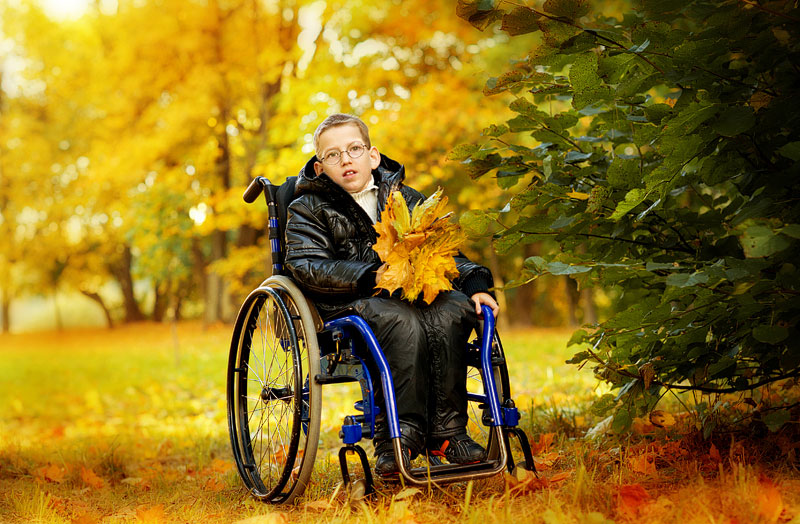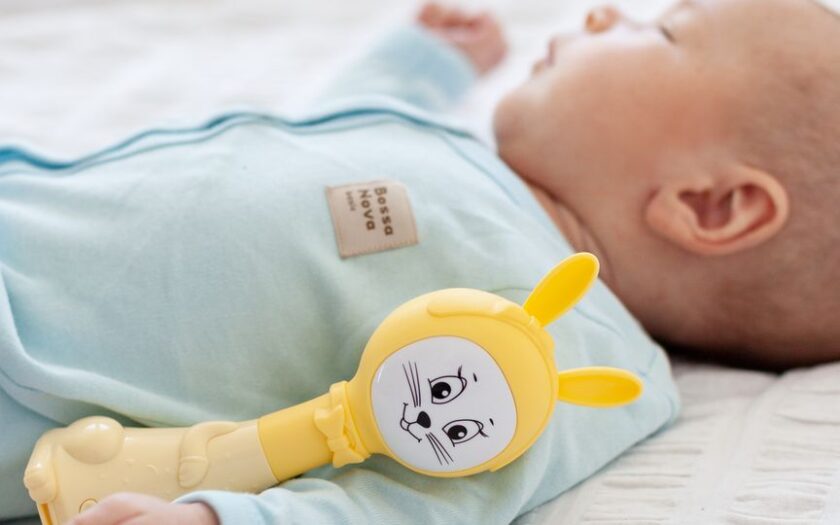The Apgar scale is a system for assessing the physical condition of newborns in the first minutes of life. It was developed in 1952 by Dr. Virginia Apgar, an American anesthesiologist and pediatrician, and has since been widely used in maternity wards to quickly assess the health of newborns.
Продолжить чтение








